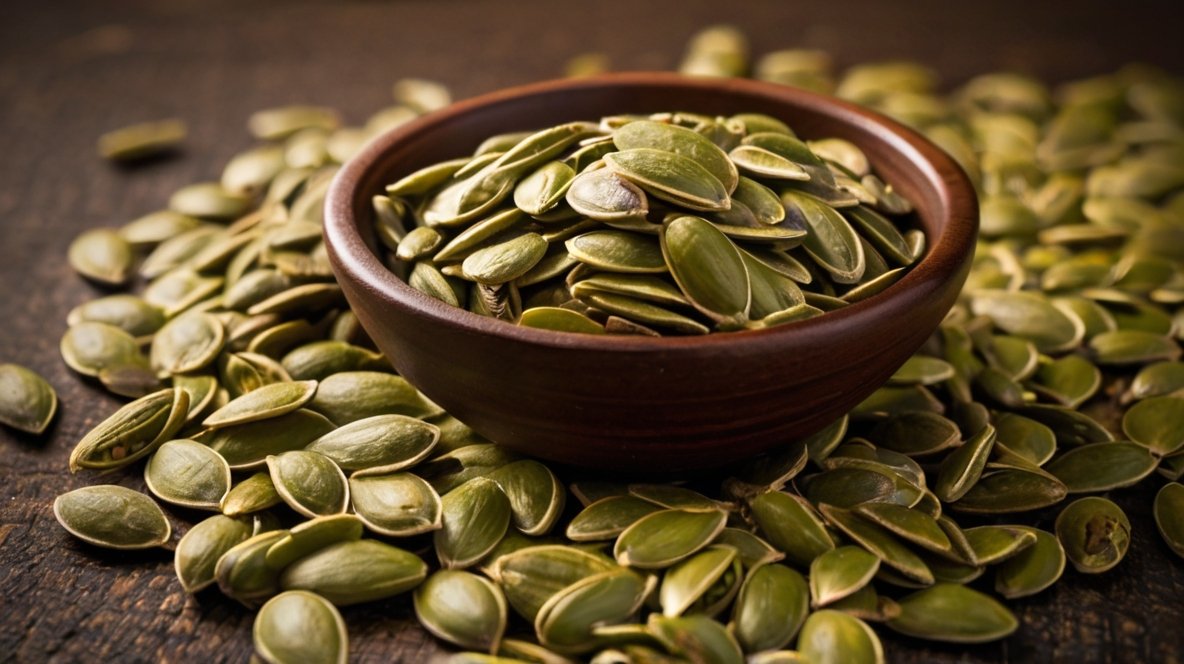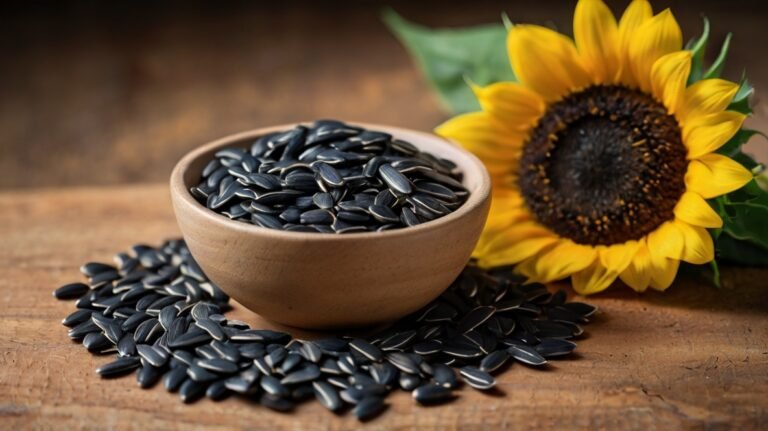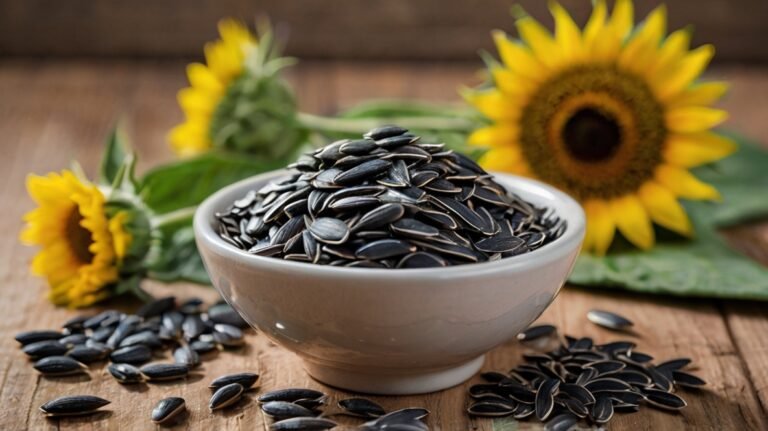Pumpkin seeds are a nutritious and popular snack, but for some individuals, they can trigger allergic reactions. At XingYi Trading, we believe in providing comprehensive information about our products, including potential allergens. Let's explore pumpkin seed allergies, their symptoms, and safe alternatives for those affected.
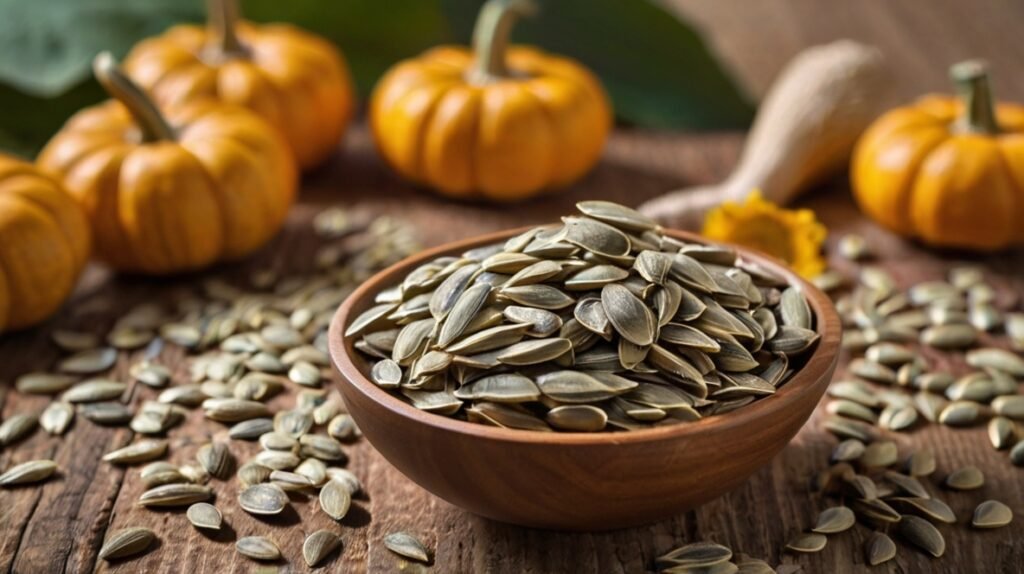
What Are Pumpkin Seed Allergies?
Pumpkin seed allergies occur when the immune system mistakenly identifies certain proteins in pumpkin seeds as harmful. This triggers an allergic response, which can range from mild discomfort to severe reactions.
Internal Link: Learn more about our Premium Quality Pumpkin Seeds
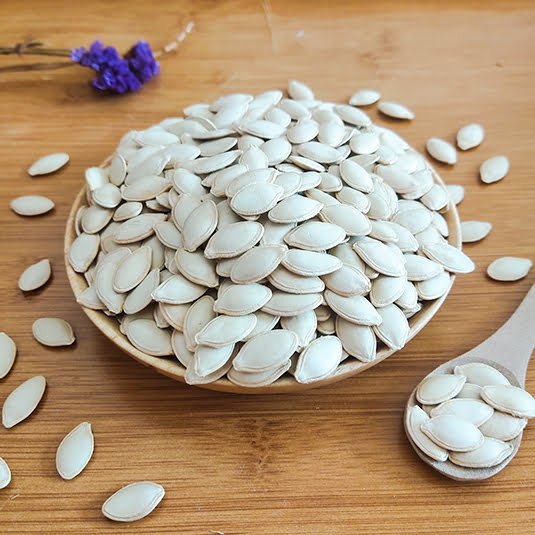
Common Symptoms of Pumpkin Seed Allergies
Recognizing the symptoms of a pumpkin seed allergy is crucial for prompt treatment and prevention. Here are some common signs to watch for:
- Skin reactions (hives, itching, eczema)
- Digestive issues (nausea, vomiting, abdominal pain)
- Respiratory problems (wheezing, coughing, difficulty breathing)
- Anaphylaxis (in severe cases)
Cross-Reactivity with Other Seeds
People with pumpkin seed allergies may also react to other seeds due to similar protein structures. This phenomenon is known as cross-reactivity.
Internal Link: Explore our Sunflower Seed Varieties
| Seed Type | Cross-Reactivity Risk |
|---|---|
| Sunflower | Moderate |
| Sesame | High |
| Flax | Low |
| Chia | Low |
Diagnosing Pumpkin Seed Allergies
If you suspect a pumpkin seed allergy, consult an allergist for proper diagnosis. They may recommend:
- Skin prick tests
- Blood tests
- Oral food challenges (under medical supervision)
Internal Link: Contact us for allergy-related inquiries
Managing Pumpkin Seed Allergies
For those diagnosed with pumpkin seed allergies, strict avoidance is key. Always read food labels carefully and be cautious of hidden sources of pumpkin seeds in various products.
- Read food labels carefully
- Inform restaurants about your allergy
- Carry emergency medication
- Wear a medical alert bracelet
- Educate family and friends
Safe Alternatives to Pumpkin Seeds
For those with pumpkin seed allergies, we offer a range of alternative products that are equally nutritious and delicious.
Internal Link: Discover our Premium Snow White Pumpkin Seeds

Sunflower Seeds: A Nutrient-Rich Alternative
Our sunflower seeds are an excellent alternative for those allergic to pumpkin seeds. They offer similar nutritional benefits and are available in various sizes and varieties.
Internal Link: Explore our Sunflower Seed Products
The Role of Processing in Allergies
At XingYi Trading, we employ advanced processing techniques that may reduce the allergenicity of our seeds. However, individuals with known allergies should still exercise caution.
Internal Link: Learn about our Sunflower Seed Processing
Research and Future Treatments
Ongoing research into pumpkin seed allergies may lead to new treatments and management strategies. Stay informed about the latest developments in food allergy research.
Internal Link: Explore our Blog for the Latest Updates
Conclusion: Enjoying Seeds Safely
While pumpkin seed allergies can be challenging, understanding the symptoms and taking proper precautions can help affected individuals lead normal, healthy lives. At XingYi Trading, we're committed to providing safe, high-quality seed products for all our customers.
Internal Link: Discover our Armour Of Beauty Pumpkin Seeds
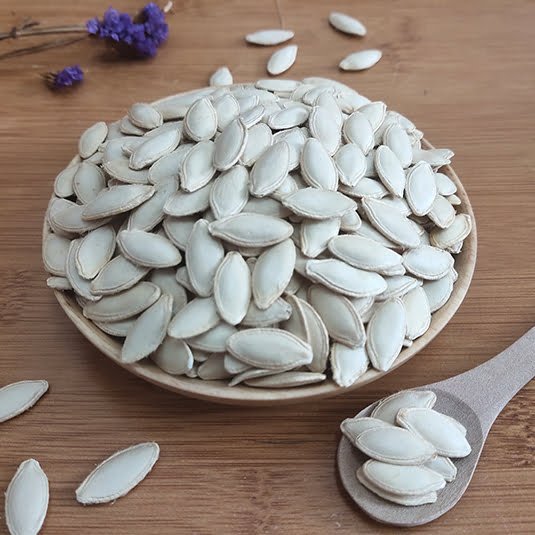
Remember, if you suspect a pumpkin seed allergy, consult a healthcare professional for proper diagnosis and treatment. Your health and safety are our top priorities at XingYi Trading.
FAQ
What are the most common symptoms of a pumpkin seed allergy?
The most common symptoms of a pumpkin seed allergy include skin reactions (hives, itching), digestive issues (nausea, abdominal pain), and respiratory problems (wheezing, coughing). In severe cases, anaphylaxis may occur.
Can someone with a pumpkin seed allergy eat other seeds safely?
It depends on the individual. Some people with pumpkin seed allergies may experience cross-reactivity with other seeds, particularly sesame seeds. It's best to consult an allergist for personalized advice.
How is a pumpkin seed allergy diagnosed?
Pumpkin seed allergies are typically diagnosed through a combination of medical history, skin prick tests, blood tests, and sometimes oral food challenges under medical supervision.
Are there any treatments for pumpkin seed allergies?
Currently, the primary treatment for pumpkin seed allergies is strict avoidance of pumpkin seeds and products containing them. For mild reactions, antihistamines may help. Severe allergies may require carrying an epinephrine auto-injector.
What are some alternatives to pumpkin seeds for those with allergies?
Sunflower seeds, flax seeds, and chia seeds can be good alternatives for those allergic to pumpkin seeds. However, it's important to check with an allergist before trying new seeds, as cross-reactivity can occur.
Can pumpkin seed oil cause allergic reactions in people with pumpkin seed allergies?
While pumpkin seed oil is highly refined and may not contain the allergenic proteins, it's best for individuals with pumpkin seed allergies to avoid it unless cleared by their allergist.
Is it possible to outgrow a pumpkin seed allergy?
While it's more common to outgrow food allergies in childhood, it is possible for adults to outgrow seed allergies. Regular follow-ups with an allergist can help monitor any changes in allergy status.
Are pumpkin seed allergies common?
Pumpkin seed allergies are relatively rare compared to other food allergies. However, their prevalence may be underreported due to misdiagnosis or confusion with other seed allergies.
Can processing methods affect the allergenicity of pumpkin seeds?
Some processing methods, such as roasting or boiling, may alter the allergenicity of pumpkin seeds. However, individuals with known allergies should still avoid pumpkin seeds in all forms unless advised otherwise by their allergist.
What should I do if I suspect I have a pumpkin seed allergy?
If you suspect a pumpkin seed allergy, stop consuming pumpkin seeds and products containing them immediately. Consult with an allergist or healthcare provider for proper diagnosis and management plan.

